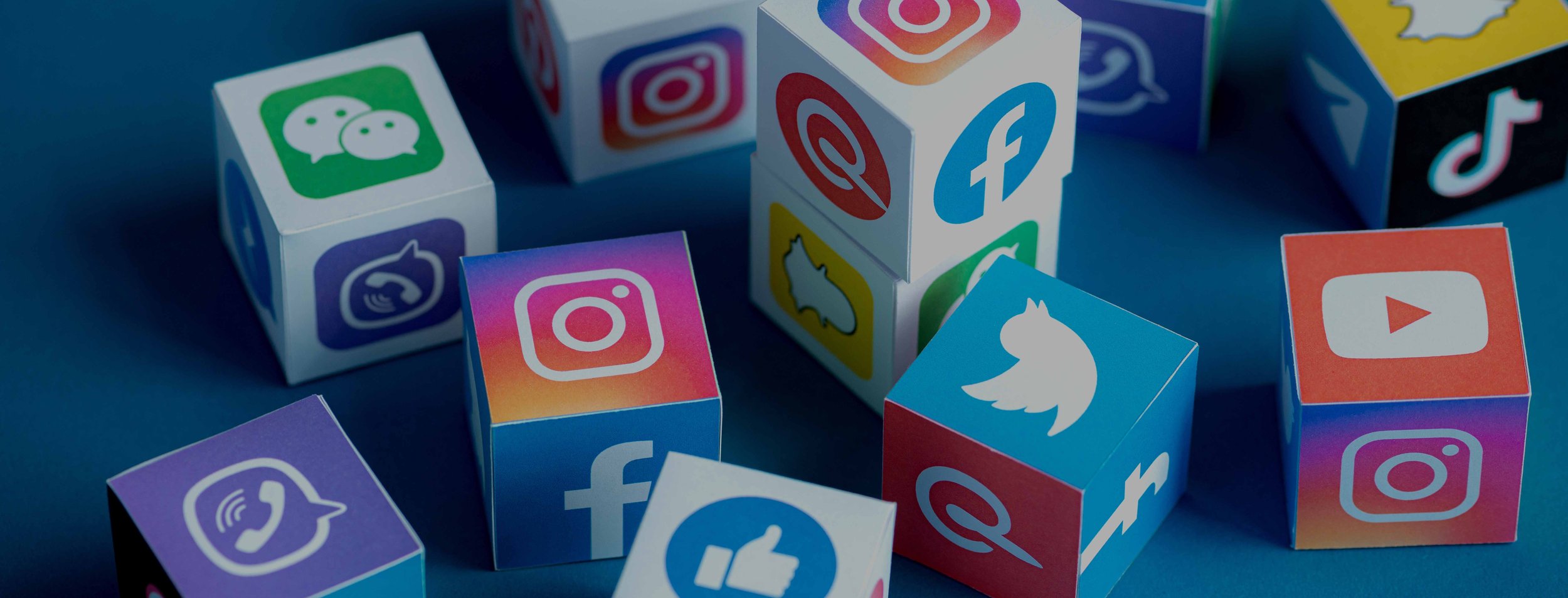Leaders today are busier and more stressed than ever before. It seems at times as if the world itself is flying apart. More killings, more bad weather, more disasters, more distrust, more deception, more disease, more war. One would think that a news hour filled with terrorism, racism, mass shootings, abortion, depression, suicide and more would indicate we are living in the worst time in all of human history.
Except that isn’t true. Yes, of course there are terrible things that happen daily in a world of 8 billion people. But the instantaneous news cycle and desire to be sensational has skewed our views downward when the facts indicate just the opposite. We now have the longest life expectancy in all of human history—in 1900 you could expect to live 31 years, but in 2023 you can expect to live at least 71.5 years. We’ve eradicated smallpox, diphtheria, malaria, measles, polio, rabies, tetanus, tuberculosis, typhoid and dozens of other diseases. Fewer people are dying of heart disease, stroke and cancer.
We are also at our most peaceful point in human history. Cognitive psychologist Steve Pinker comments, “The worldwide rate of death from interstate and civil war combined has juddered downward… from almost 300 per 100,000 world population during World War II, to about 30 during the Korean War, to the low teens during the era of the Vietnam War, to single digits in the 1970s and 1980s, to less than 1 in the twenty-first century.”[1]
Think crime is bad? Well, you’re wrong. Since 1993 in the US, gun murders have dropped by 49 percent, and between 1993 and 2012, murder, rape, robbery, and aggravated assault decreased by 48 percent. What about shopping, with inflation at all-time highs? Again, the actual stats show more products of better quality available faster, cheaper and more conveniently than ever. And technology has exploded, giving instant knowledge access to 75% of the world’s population, with earth’s total amount information doubling every two years. The computer technology that took us to the moon 50 years ago is now in your smartwatch—in fact, at many times the computational power.
Why, then, does everything seem so much worse on the whole, when the reality is just the opposite? A large measure of blame falls on the news and social media, which consistently distort the honest view by biased reporting, opinionated posts and a constant search for victimhood.
Nearly all of today’s news is just opinion. A recent Pew Research Center survey found that adults have a difficult time distinguishing fact from opinion in the news, with just 25% of adults able to correctly distinguish all of the survey’s factual statements.[2] Tune in to a news broadcast and you are likely treated to segments with interviews and editorial as the “man on the street” and the reporters themselves explain the news, ask opinions about the news and tell us their personal thoughts about what they are seeing. The Pew survey also indicated that many Americans cannot even identify correctly what a fact is—“a statement that is true.” The study found that political bias played a large role in people’s perception of “facts”. Pew found both “Republicans and Democrats are more likely to think news statements are factual when they appeal to their side—even if they are opinions.”
Factual news items are rare. The Center for Media Literacy found that commercialism has completely consumed the news broadcast. In a typical half-hour of broadcast news, seven minutes are devoted to ads, and 18 minutes to opinions and entertainment, leaving just 5 minutes of factual news reporting.[3] Further, ResearchGate’s studies find that the amount of “hard news” continues to decline on broadcasts across all networks.[4] In fact, US national news outlets have become so bad that foreign news reporting from the BBC now engenders a greater degree of trust from Americans than their own news stations.[5] Elizabeth Braw explains in Foreign Policy, “Polarizers get the headlines, but Americans aren’t so different from many other countries when it comes to wanting facts-based news.”
We demand news of an increasingly negative world. If the truth isn’t so bad as we see on the news, then why doesn’t the news focus more on the positive aspects of life and culture? Because our culture actually wants the negative news. Dylan Matthews writes for Vox, “Humans, it turns out, have what social psychologists call a ‘negativity bias.’ We tend to pay more attention to bad-seeming information than good-seeming information. That could be a root factor for why the news is so depressing.”[6] News consumers have become hooked on “doomscrolling”—flipping through sensationalized and negative headlines predicting World War III, or another pandemic, or whether the climate has tipped beyond the point the earth can be saved.
So, turn it off. What is a faith-centered leader’s response to constant negative news and opinion that doesn’t necessarily match with the actual state of world affairs. Simple: turn it off. Isaiah 33:14-16 teaches us to look away from the constant stream of negative news. Consider: “Who among us shall dwell with the devouring fire? Who among us shall dwell with everlasting burnings? He who walks righteously and speaks uprightly, He who despises the gain of oppressions, Who gestures with his hands, refusing bribes, Who stops his ears from hearing of bloodshed, And shuts his eyes from seeing evil.” It is reasonable and healthy to just turn off the negative news, and further engage in the important relationships and activities around you. The Bible says we will live and speak more uprightly when we simply shut our eyes to evil.
And the news media even agrees this approach is healthy. A recent story from NBC examined a Spanish study. It found people who wanted to lower anxiety and depression should “avoid watching too much news.” The study of 942 adults found that avoiding the constant barrage of news and information from various media sources significantly contributed to their mental health.[7] How will being less informed impact in your life and work? If most of the news you are receiving is opinion anyway, you will likely find the impact minimal. We are in the height of the information age, with fact and opinion available from scores of sources at the tough of a finger. Now we must learn to live in a way that manages information well, at the very least, for the sake of our own health and sanity.
[1] https://lifelessons.co/personal-development/greatesttimeever/
[2] https://www.pewresearch.org/journalism/2018/06/18/distinguishing-between-factual-and-opinion-statements-in-the-news/
[3] https://www.medialit.org/reading-room/whatever-happened-news
[4] https://www.researchgate.net/figure/Number-of-minutes-devoted-to-hard-news-soft-news-or-commercials-for-each-broadcast_tbl1_283811903
[5] https://foreignpolicy.com/2021/01/28/bbc-partisan-news-united-states-polarization/
[6] https://www.vox.com/the-highlight/23596969/bad-news-negativity-bias-media
[7] https://www.nbcnews.com/health/health-news/taking-break-news-can-improve-mental-health-study-finds-rcna51954#
Cover photo: Shutterstock































Some of us lie all of the time. A recent study by the University of Massachusetts found that during an average 10-minute conversation, 60% of people will say something that isn’t entirely true.